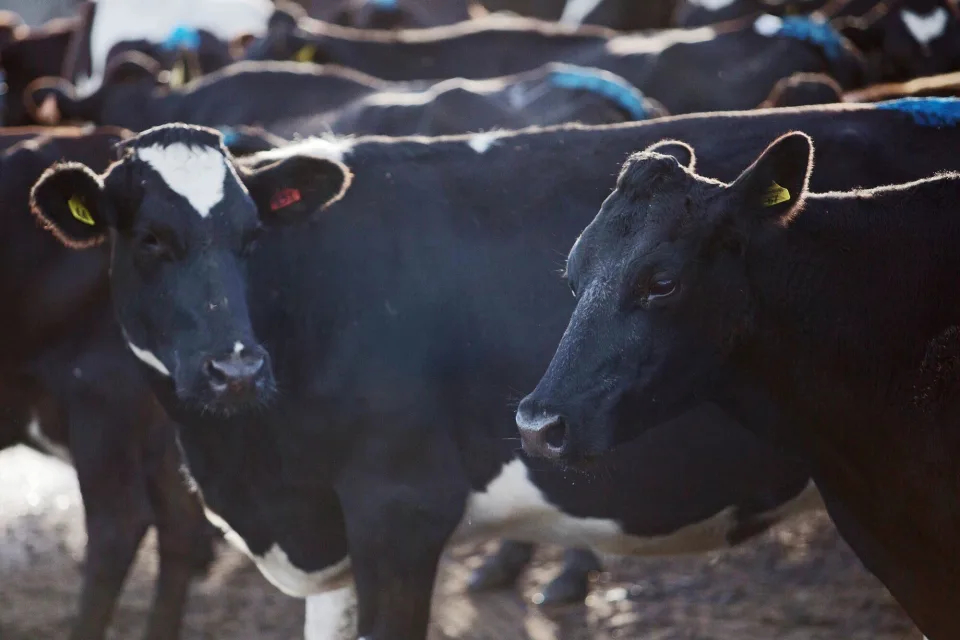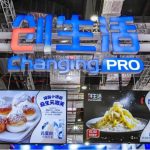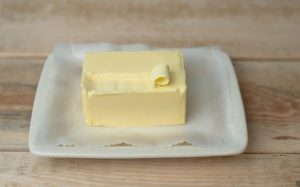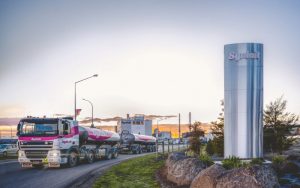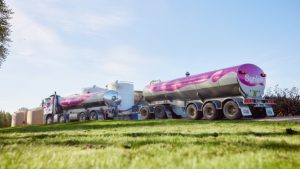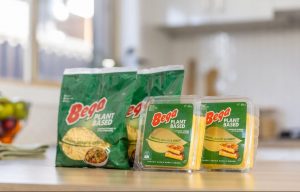
a2 Milk, Synlait shares soar on China’s regulatory nod.
New Zealand’s dairy producers jump after a2 Milk Co. won regulatory approval to keep selling its baby formula in China.
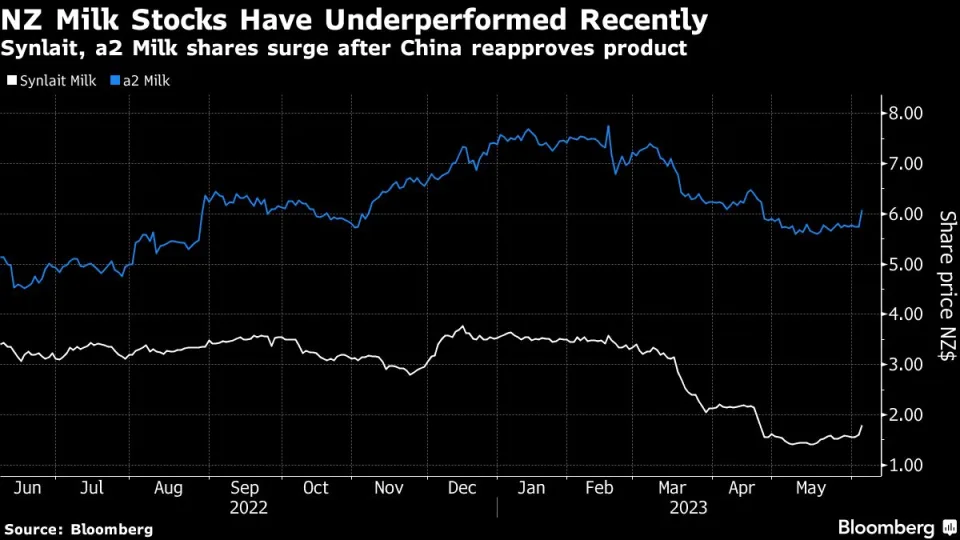
Shares of the Auckland-based company climbed as much as 8.7% in Wellington on news China’s State Administration for Market Regulation OKed the re-registration of its formula. Synlait Milk Ltd., which holds the license to sell a2 products in China, said the approval will allow it to manufacture and export formula to the country until September 2027. Its stock surged as much as 16%, the most since March 2020.
“We, and the market, had anticipated Synlait was going to receive the approval,” Evans and Partners Pty analyst Phillip Kimber wrote in a note. “However, it’s positive that the re-registration is now finalized.”
a2 gets about half of its revenue from China and other parts of Asia, according to data compiled by Bloomberg. The company is also a strategic customer and shareholder of Synlait.
In September, Synlait said that SAMR told the company its registration would be valid until Feb. 21, after which it would need re-approval under new food safety standards. The firm said that it was working to ensure the formula would meet the updated requirements, adding that the registration process had been impacted by China’s Covid-19 lockdowns.
“The new standards require manufacturers to meet strict content requirements to improve the nutrient profile of infant milk formula available” according to Bloomberg Intelligence analyst Ada Li. The regulatory changes are “likely to drastically reduce the total number of products available on the market,” boosting competition among formula makers, she said.
Shares of a2 Milk and Synlait have struggled this year amid softer China sales. In April, Synlait slashed its full-year earnings forecast on the nation’s slower-than-expected demand recovery. Analysts have also flagged weakness in a2’s so-called daigou channel, where where people buy products overseas and ship them to China for resale.
Synlait’s stock has lost about half of its value this year, while a2 has shed 18%.
–With assistance from Daniela Wei.
